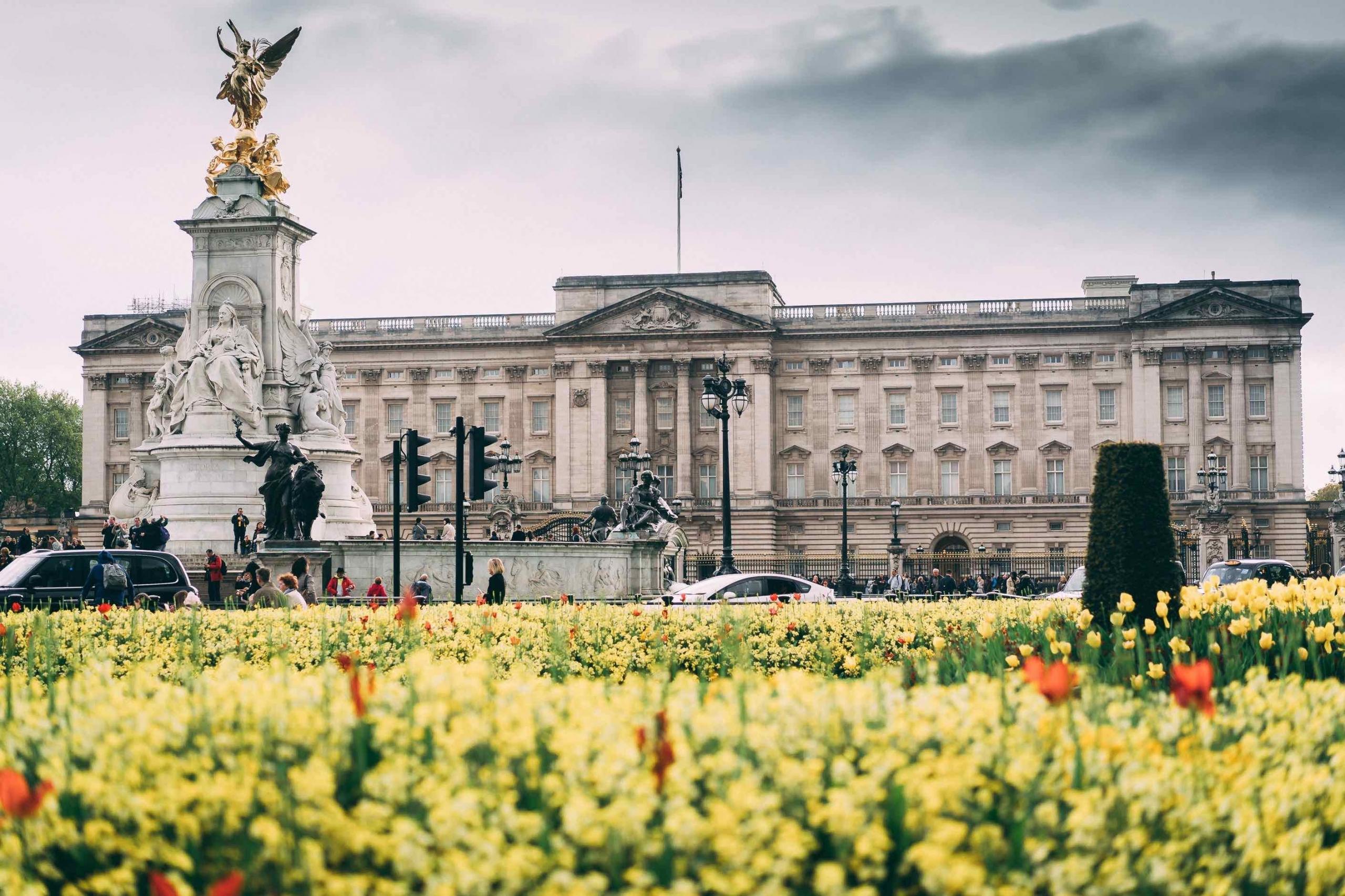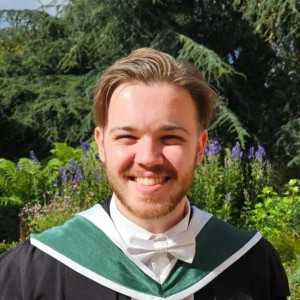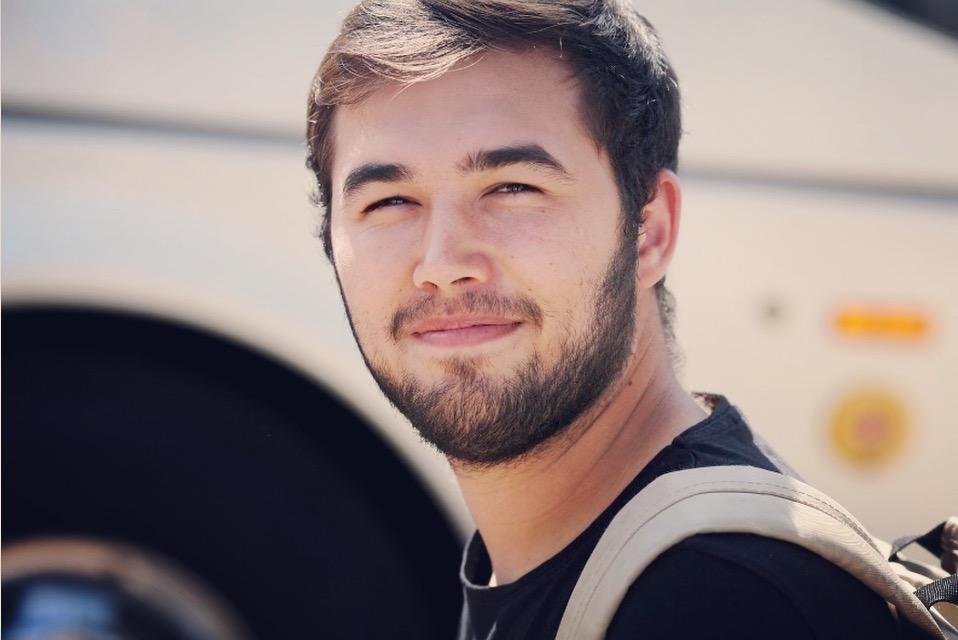There are many political posts throughout history that have transcended their nations of origin and are staple household names worldwide. From the oldest countries and the ancient empires to the modern world, these rulers, and leaders have become so well known that they are almost legendary in stature. The emperors of ancient Rome, and the founding fathers of the United States, are all names that anyone would recognise.
Above them all, however, stands by far the most infamous and storied among all the monarchies in the world, the royal power that has ruled England for almost a thousand years, the British royal family.
But where did it come from? What does it look like today? And in all honesty, why should we keep the monarchy?

Where did the British monarchy come from?
Despite being one of the most long-lasting monarchies in the world, the British royal family, which came to power with William the Conqueror’s invasion of England in 1066, is actually not the oldest. If not Britain, then what’s the oldest country and monarch pairing, I hear you cry?
Well, that honour actually goes to Japan and the Japanese Emperors, with a royal family that has a history stretching all the way back to the year 660 BCE.
With a founding date over two and a half times as old as the already historic British royal family, the Japanese Emperors hold the title of the oldest monarchy in the world by quite a comfortable margin.
So, how did the British monarch start, then? When William the Conqueror (William of Normandy before he did any of his conqueror-ing) invaded England in 1066, England was already in the midst of a power struggle.
Harold Godwinson, the British sovereign at the time, was already fending off the invasion to the north from Harald Hardrada when the Norman ships landed.
It was a brief campaign, culminating in the well-storied battle of Hastings, after which the British sovereignty was passed (admittedly in a violent fashion) from Harold to William, thus marking the start of the monarchy as we know it today.
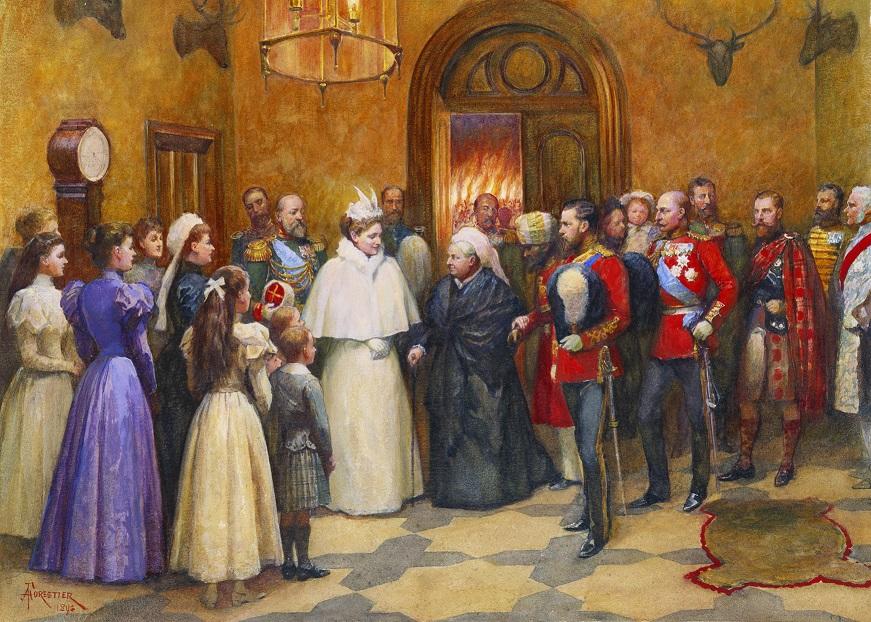
How did we get from absolute monarchy to the modern UK political system?
Despite being close to the oldest monarchy in the world (bar the Japanese Emperors), the modern royal family appears to be a shadow of its former self.
In the more recent books of history, kings and queens play less of an extensive or overt role, as heads of state in little more than name, compared to their he-makes-the-rules or she-makes-the-rules absolute power that they wielded during years gone by.
This process of reigning in the power of the monarch and setting the groundwork for the modern British political system began in 1215, with the signing of the Magna Carta, the first step towards a constitution of any sort.
The constitution definition and restriction would be gradually refined over time through acts of government, gradually reducing the power of the reigning king or queen from the pre-Magna Carta absolute control to the essentially ceremonial position it now acts as.
Despite all of this reigning in of power, the UK sovereignty has been held by one family consistently all the way from the time of William the Conqueror right through to today.
Despite family politics sometimes getting in the way of the succession being simple, the Queen and her children can all directly trace their bloodline back to William the Conqueror.
Indeed, unless something quite drastic happens, a queen or king with the blood of Elizabeth, William, and all in between will likely sit on the throne of England for many more years to come.
The royal family has lasted through more turmoil than almost anything else in the UK, even predating the oldest part of Buckingham Palace by hundreds of years.
Is England a sovereign state?
Even though the royal family bears little resemblance to the form it took when William the Conqueror instated it in 1066, the royal family remains at the centre of British power and politics to this day.
Its power may have been reigned to the point of essential insignificance, but how many royal families are there in the world for which this is not the case?
The royal family is still very much there and indeed leaves England as the almost prime example of a classical sovereign state on the world stage.
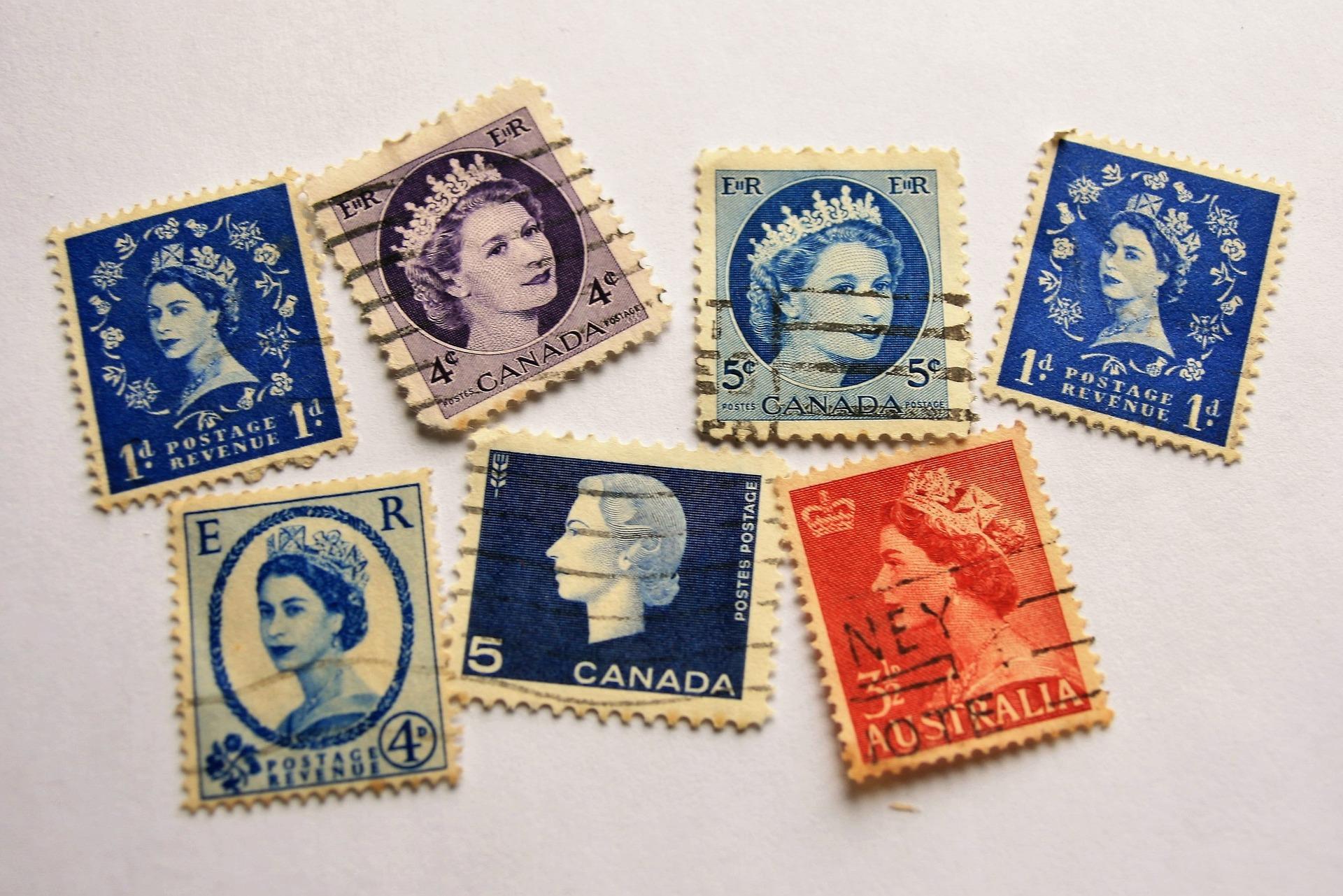
How powerful is the Queen of England?
It’s all well and good knowing that all the members of the royal family come from the same ancestry, but until we look at what actual power this family holds, there isn’t much meaning to it. The royal family is, unlike the rest of the British political system, not directly elected by the general population of the United Kingdom.
Fundamentally, the biggest issue with this is that being unelected and yet still holding a position of power and authority seems very undemocratic, when everywhere else in the country those in power are theoretically only there by the will of the people, to serve the people.
In fact, the only reason that the royal family aren’t seen as a far more egregious assault on democracy than they are, is because the UK sovereign actually doesn’t hold much actual power.
For instance, can the Queen take control of the country at her own discretion? No, of course not.
In the current day and age, the reigning Monarch and their family function as heads of state on a ceremonial level only, with the Queen having spent much of her tenure acting as a figurehead for global relations, an important icon of the identity of England on the world stage, but not an actual actor on the political scene in any way.
How much power does the Queen have in actual practical terms, then? As far as the law is concerned, still a fair amount, but in reality it is far more diminished than it sounds.
For instance, by law, the reigning monarch is required to personally approve and sign off any law that parliament wishes to pass. In actual fact, the amount of backlash and uproar (and indeed quite possibly reform to the British system and royal family) that any monarch actually making use of this power would cause cannot be overstated.
The system of government works because even though the King or Queen does hold this incredible power, they know and respect that it would be social and political suicide to actually make use of it. In a sense, mutually assured destruction.
What type of government does the UK have if not a monarchy?
While Great Britain does still have a monarchy, in terms of actual political leadership the UK is led by the direction of parliament.
The difference between parliament and government in the UK is quite a simple one, in that the government is composed of all the elected members of parliament that are loyal to the political party that holds the majority power at the time, whereas parliament is made up of all members of parliament from all parties.
Much like the difference between nation vs country, there is much overlap between the two, and the words are often used interchangeably, despite subtle but highly significant differences in meaning.
Most crucially though, parliament jobs are handed out to those who are voted for by the people of a local area based on who they want to represent them in this forum of national lawmaking and debate, which is notably very different to the entirely unelected royal family.
Why do we have a royal family?
With all of these concessions to the power of Queen Elizabeth’s position, it leads us quite naturally to the often-asked and inevitable question of whether all the money that is spent on the royal family is even worth it.
What is the point of a royal family? What does a queen or king do that a prime minister or other, more democratically elected head of state couldn’t? Ultimately, this is a very challenging question to answer.
The Royal family has many harsh critics, especially with the prevalence of modern media bringing to the fore much of the less idyllic sides of royal life that the public was not previously privy to.
While the opinion of the royal family among the general public has certainly not yet reached a catastrophic breaking point, it is certainly true that Queen Elizabeth II had quite a substantial hand in this.
She was a well-liked monarch, but since her tragic passing at the end of 2022, it is coming into question how much of a role fond memories of the former queen play in keeping the royal family in such central light as they are.
With the scandal surrounding Prince Andrew especially bringing the family into disrepute, as well as the very public fallout between the main family and Prince Harry and his wife, the royal family is certainly seen as a far cry from the illustrious and perfect figurehead of the nation it once was.
With the younger generations feeling progressively less and less loyalty towards the royal family as an institution, it is falling more and more on the shoulders of the British royals to prove to the nation that they still have a role to play.
Even during her lifetime, questions of “What does the Queen do?” and “Why do we spend so much on our royal family?” were beginning to form. While it seems that the royal family are still doing enough to be approved of by the public for now, invariably these questions will not go anywhere any time soon, and the nation draws ever closer to reassessing whether or not the great and storied British royal family has reached the final chapter of its tale.
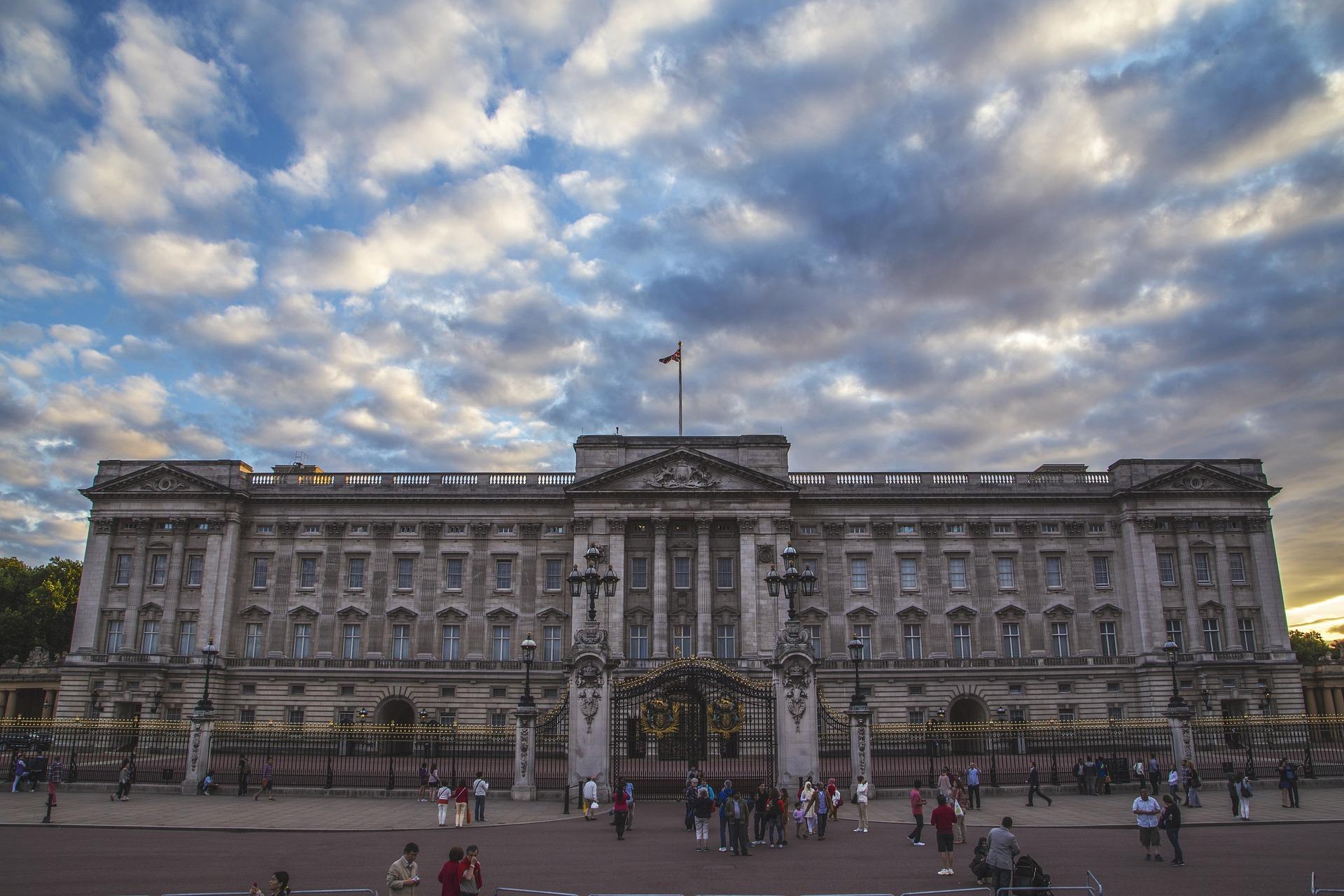
The royal family has a long and winding history then, having gone through many different forms and seen the world around it almost constantly change, through the rise and fall of the British Empire and both world wars.
A staple institution on the world stage, a household name across the globe of almost total ubiquity, and a history longer than many modern nations, the British royal family truly is one of a kind No matter what the future has in store for the descendants of William the Conqueror’s bloodline, the mark they have left on the history of the British Isles is without a doubt one of the most important in the history of the green and pleasant lands.
Summarise with AI:

